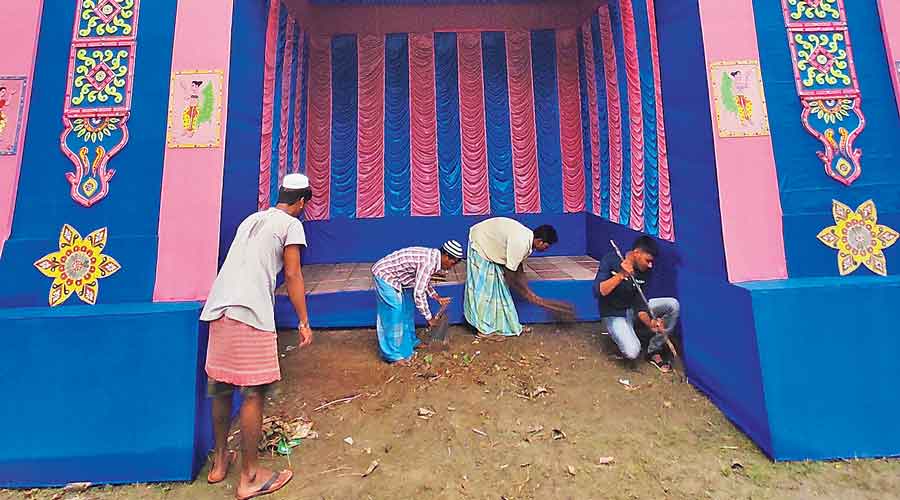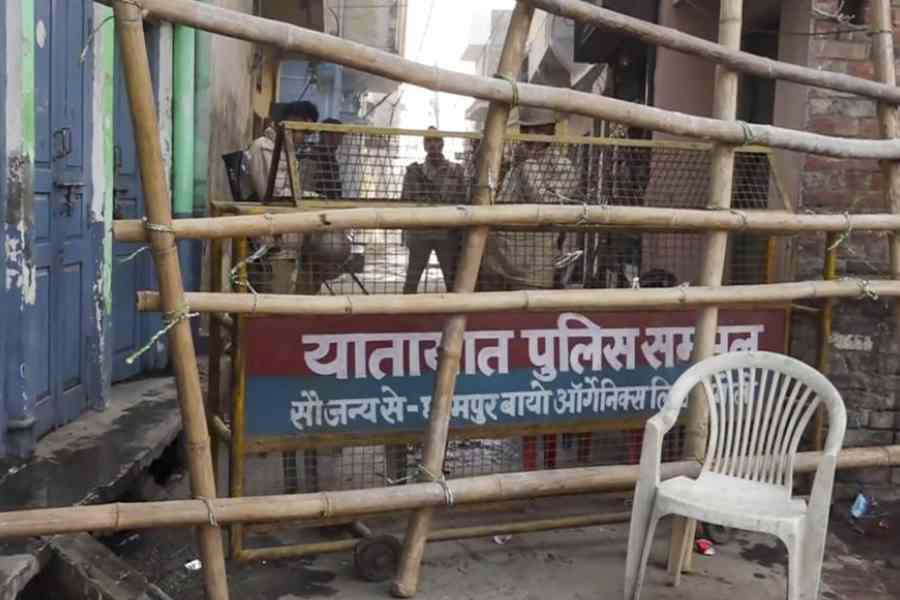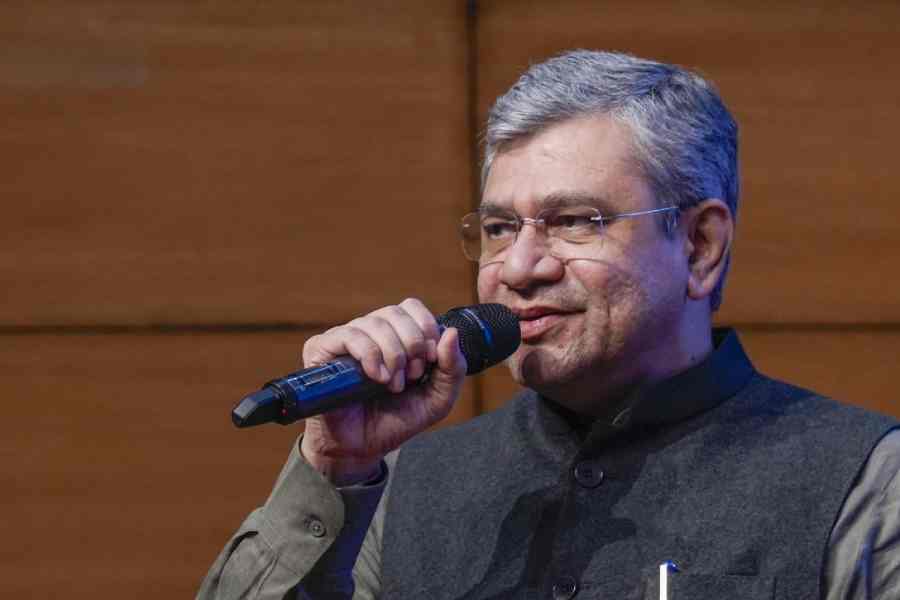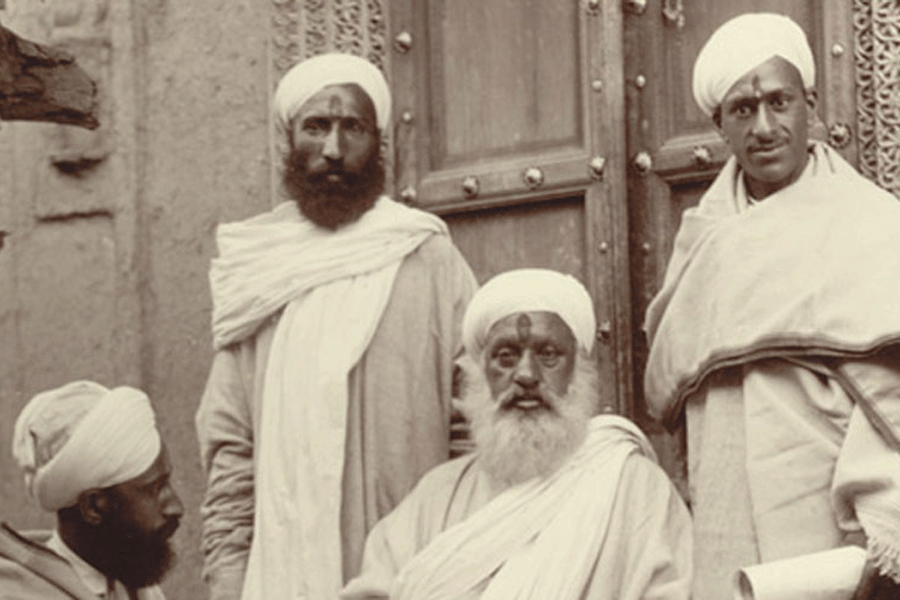Secular forces in Bangladesh putting up a concerted protest against divisive violence during Durga Puja in their country can take heart from a village across the border, some 100km from Calcutta.
Around 190 Hindu families and 60 Muslim families from Dharmadanga village in East Burdwan’s Kalna are all set to continue with a 43-year-old tradition where Hindus and Muslims team up to celebrate Lakshmi Puja.
“We were very sad on receiving the news of the attacks on Hindus in Bangladesh and protests and politics over the issue here in Bengal. We were discussing among ourselves how harmoniously people of both communities live in our village. Every year we celebrate Lakshmi Puja, where Muslims are an integral part of the festivities,” said Tarak Das, secretary of the Lakshmi Puja committee of Dharmadanga village.
“I am not very educated but I can’t forget the lines penned by poet Kazi Nazrul Islam, Mora ek brinte duti kusum... Hindu Musalman (we are two buds of one stalk — Hindu and Muslims). We never differentiated among Hindus and Muslims,” said Das, also the secretary of the Pallishri Sangha in Dharamadanga, the club behind the puja set up in 1979. He added: “I am a school dropout.”
On Tuesday, Muslim youths of the village and their Hindu neighbours cleaned up the puja pandal. A few Muslim youths were among those who brought the Lakshmi idol from Kalna town.
Saifuddin Sheikh, 30, who on Tuesday was among those to bring the 10-foot-high Lakshmi idol to the pandal, said: “It is our festival. It is our duty to take part in the puja. Before me, my uncle and father used to do the task that I am doing now. There is no question of Hindu or Muslim among us.”
Elders said the idea to include Muslim families had happened without deliberation. “People here first set up the club for farmers to discuss how to increase their produce or how to minimise damage to crops,” recalled a septuagenarian.
“It was a sudden decision over 40 years ago. I was very young. Someone told us that as we all are farmers we should organise a Lakshmi Puja. It was spontaneous and our Muslim friends immediately agreed to be a part of it. We never thought who is Hindu or Muslim,” said Arun Mondal, one of the founders of the puja.
Old -timers said Dharmadanga village was an “example and lesson” for those playing the communal card in Bengal.
“Kings of Burdwan had always ruled the area with a message of communal harmony and Muslims and Hindus were integral parts in their court. Kings used to gift camels to Muslim dignitaries before Id,” said Sarbajit Jash, a local historian. “The tradition of harmony that started in the 19th century here is still alive in the district. The village is teaching a lessonto all at a time when certain communal forces are trying to break the harmony that we have.” the historian added.











